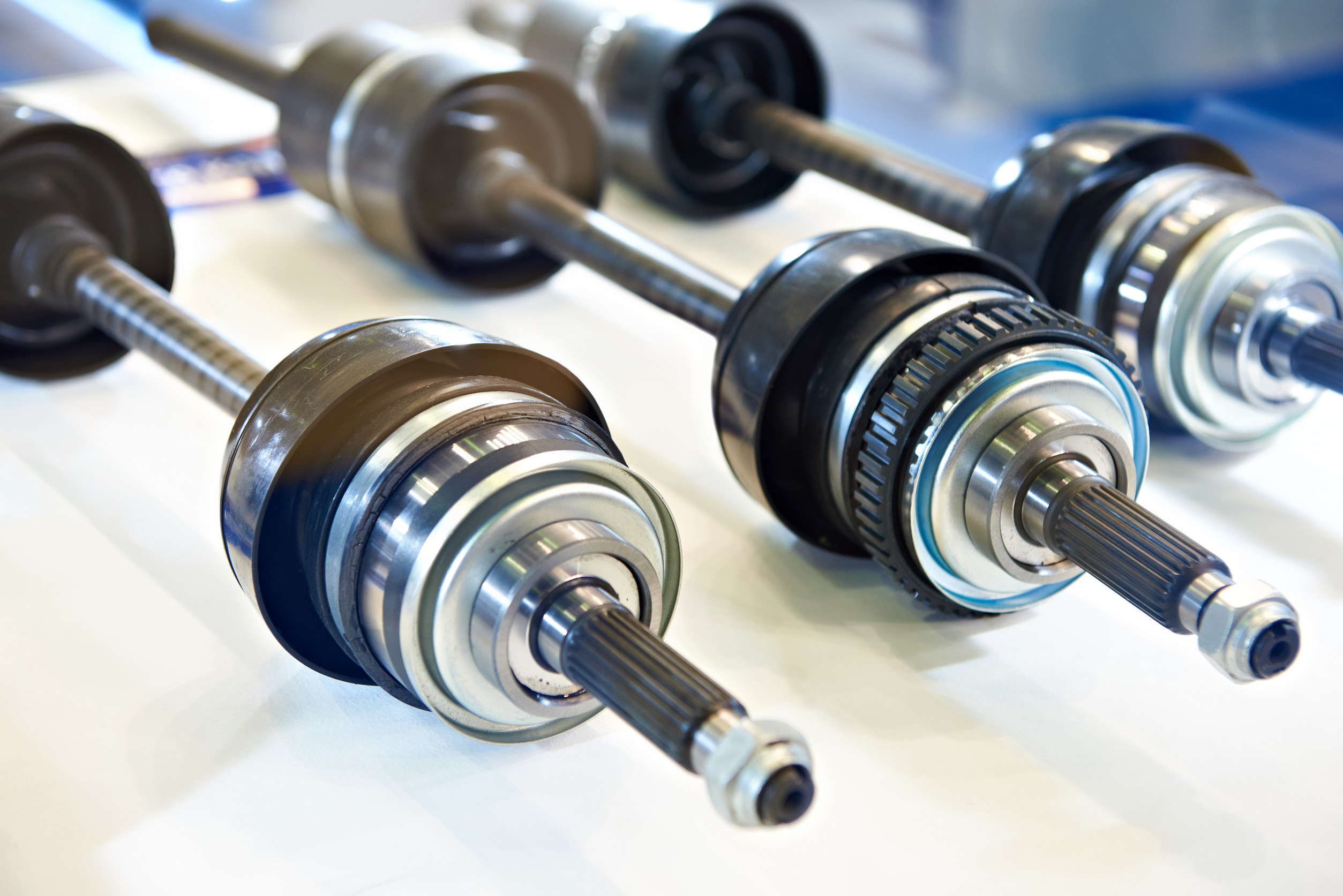
Image Source: 123rf.com
There are so many crucial components to your vehicle and when something goes wrong, it can go really wrong. When you have a bad driveshaft, it can impact your car’s performance and overall safety. As a former mechanic, I’ve seen the fallout from someone ignoring the signs of something that has gone wrong with their driveshaft. That said, here are six things that can happen to your vehicle if you ignore a bad driveshaft.
1. Severe Vibration and Shaking
The first thing that a bad driveshaft can do to your car is cause severe vibrations and shaking. Most of the time, this will occur when you are accelerating and, over time, it can loosen other critical components. Not to mention, the shaking can become harsher and impact your comfort and the safety of the vehicle.
2. Drivetrain Damage
As mentioned above, once your driveshaft is acting up, it will impact other components of your vehicle, including your drivetrain system. Worn or damaged universal joints in the driveshaft can break, which can lead to loss of control. It’s incredibly dangerous! On top of that, the added stress from an unbalanced/bad driveshaft can prematurely wear other components. In the end, ignoring it can turn what would be a simple fix into a crazy expensive overhaul of multiple things.
3. Loss of Vehicle Control
One of the most alarming risks of driving with a damaged driveshaft is the potential loss of vehicle control. If your driveshaft breaks while driving, you could lose steering ability, resulting in dangerous situations on the road. Such incidents commonly occur at higher speeds, making the risk even greater. A broken driveshaft may cause sudden, uncontrollable veering of your vehicle.
4. Transmission Trouble
The driveshaft works closely with your car’s transmission, transferring power from it to the wheels. A faulty driveshaft can stress your transmission excessively, potentially causing it to fail prematurely. Symptoms like unusual grinding, difficulty shifting gears, or slipping gears can develop, indicating that your transmission is under strain. Transmission repairs are notoriously expensive, often running into thousands of dollars.
5. Reduced Fuel Efficiency
A compromised driveshaft directly impacts your vehicle’s fuel economy. When your driveshaft isn’t operating properly, your car’s engine must work harder to compensate, significantly reducing fuel efficiency. Drivers often notice increased fuel consumption as one of the earliest signs of a driveshaft issue. Over time, decreased fuel economy leads to higher operational costs and contributes negatively to your environmental footprint.
6. Excessive Tire Wear
An improperly functioning driveshaft can cause uneven or accelerated tire wear. Uneven power distribution forces tires to bear abnormal stress patterns, resulting in rapid deterioration. Frequent tire replacements are costly and frustrating, especially when preventable. Regular driveshaft checks can detect alignment and balance issues before tires wear down excessively.
Don’t Let a Bad Driveshaft Drive You Crazy
Ignoring a bad driveshaft may be tempting, especially if you are living on a budget. However, shrugging this problem off will likely cost you more in the long run. So, it’s important to get your driveshaft issues addressed as soon as possible. As always, I suggest staying up to date with the regular maintenance of your vehicle. It goes a long way in ensuring that your car remains safe, efficient, and reliable.
Read More
The 6 Best Porsches of All Time (And the One That’s a Disaster)
8 Things You Should Never Type Into ChatGPT

Drew Blankenship is a former Porsche technician who writes and develops content full-time. He lives in North Carolina, where he enjoys spending time with his wife and two children. While Drew no longer gets his hands dirty modifying Porsches, he still loves motorsport and avidly watches Formula 1.
Leave a Reply